Video available: Eric Niebler, "Ranges for the Standard Library" -- CppCon 2015 Friday endnote
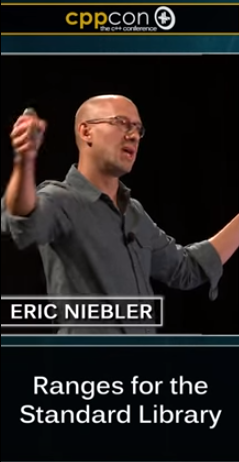
Here is the talk, available on both YouTube and Channel 9 (use whichever works best in your country). Slides will be available soon at github.com/cppcon/cppcon2015:
Ranges for the Standard Library (YouTube) (Channel 9)
by Eric Niebler, CppCon 2015
From the talk's outline:
Range-based interfaces are functional and composable, and lead to code that is correct by construction. With concepts and ranges coming to the STL, big changes are in store for the Standard Library and for the style of idiomatic C++. The effort to redefine the Standard Library is picking up pace. Come hear about one potential future of the STL from one of the key people driving the change.
I've been doing C++ professionally for the past 20 years, first for Microsoft, then as an independent consultant. Right now, I'm working on bringing the power of "concepts" and "ranges" to the Standard Library with the generous help of the Standard C++ Foundation. Ask me about the future of the Standard Library, or about range-v3, my reference implementation for C++11.

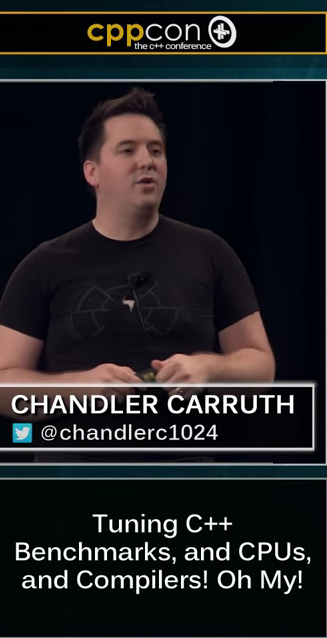

 Recorded at CppCon this week:
Recorded at CppCon this week: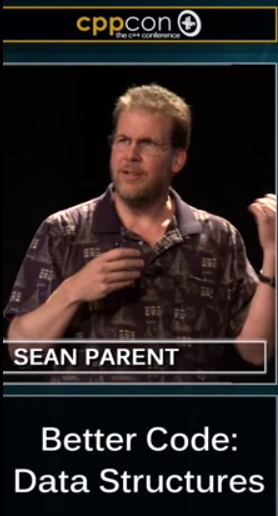
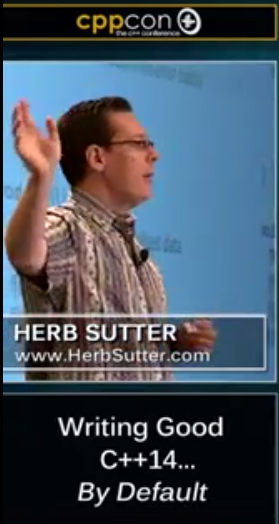
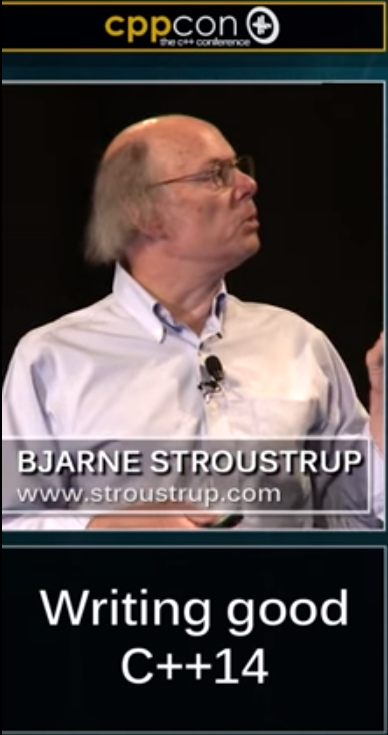 CppCon
CppCon